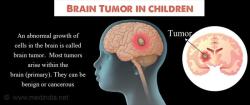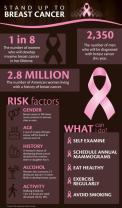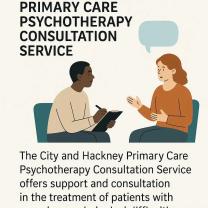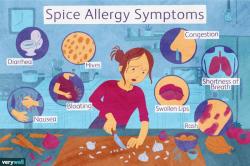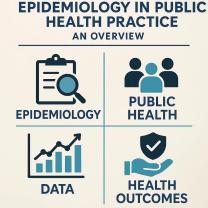What are the risks of an ischemic stroke?
Ischemic strokes occur when there's a blockage in an artery that supplies blood to the brain, leading to reduced blood flow and damage to brain tissue. Several risk factors can increase the likelihood of experiencing an ischemic stroke. These risk factors can be categorized into two main types: modifiable (those you can change or manage) and non-modifiable (those you cannot change). Here are some of the key risk factors for ischemic strokes:
High Blood Pressure (Hypertension): Uncontrolled high blood pressure is one of the most significant risk factors for strokes.
Smoking: Smoking damages blood vessels and increases the risk of blood clots.
Diabetes: Poorly managed diabetes can contribute to blood vessel damage and clot formation.
High Cholesterol: Elevated levels of cholesterol can lead to plaque buildup in the arteries, increasing the risk of clots.
Atrial Fibrillation (Afib): Afib is an irregular heartbeat that can cause blood clots to form in the heart, which may then travel to the brain.
Obesity: Being overweight can lead to other risk factors such as high blood pressure, diabetes, and high cholesterol.
Physical Inactivity: Lack of regular physical activity can contribute to obesity and other stroke risk factors.
Excessive Alcohol Consumption: Heavy drinking can raise blood pressure and contribute to other health issues.
Drug Abuse: The use of illicit drugs, especially stimulants, can increase the risk of stroke.
Family History: A family history of strokes or certain genetic conditions can increase your risk.
Age: The risk of stroke increases with age, with older adults being more susceptible.
Gender: Men are generally at a higher risk than women, although women have some unique risk factors, such as pregnancy-related conditions.
Race/Ethnicity: Some racial and ethnic groups, such as African Americans and Hispanic Americans, have a higher risk of stroke.
Prior Stroke or TIA: Having had a previous stroke or transient ischemic attack (TIA) increases the risk of another stroke.
Certain Medical Conditions: Other medical conditions, such as sickle cell disease and autoimmune disorders, can increase stroke risk.
It's important to note that while these risk factors increase the likelihood of having an ischemic stroke, they do not guarantee that a stroke will occur. Additionally, many of these risk factors can be managed or reduced through lifestyle changes and medical treatment. If you have concerns about your stroke risk, it's essential to discuss them with a healthcare provider who can help you develop a plan for prevention and management.








